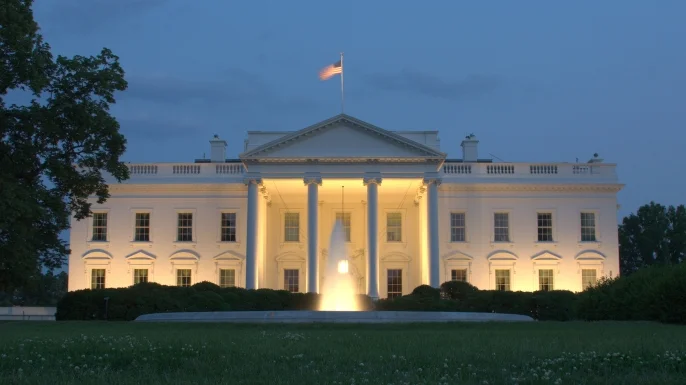
OP-ED: Article 50, Now What?
The British people made their decision back in June, and now that the initial paperwork has been filed, there is no going back.


OP-ED: Don’t Sweat About Gorsuch
In the end, Judge Gorsuch’s confirmation would do little to shift the balance of the court from where it was a year ago.

OP-ED: Shooting Yourself in the Foot, A Congressman’s Guide
House Republicans are on track to “repeal and replace” themselves in 2018.]

Your Home, Your Voice!
Get to know Chris Miller and Sarah Nguyen's platform for the upcoming RUSGA election.

OP-ED: This Administration is a Mess
To say that President Trump’s first month in office has been chaotic is the understatement of the millennium.
